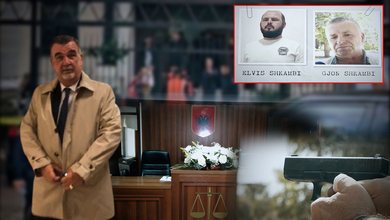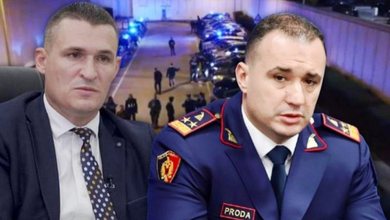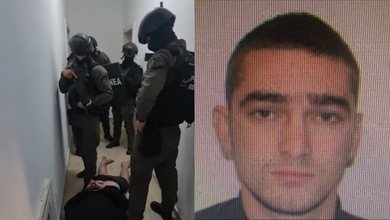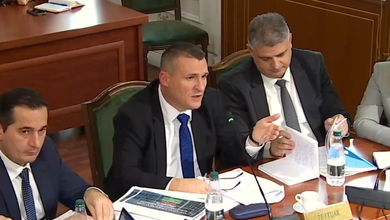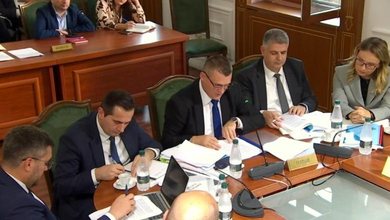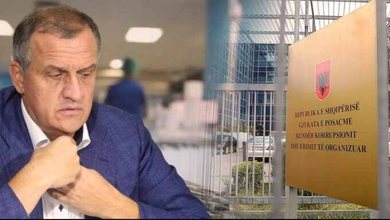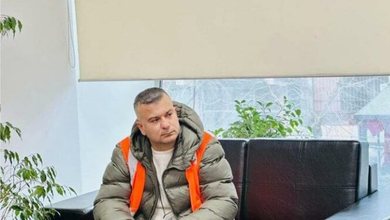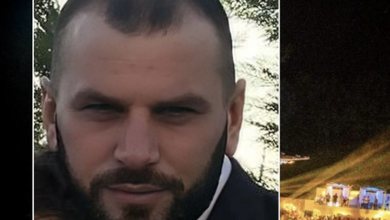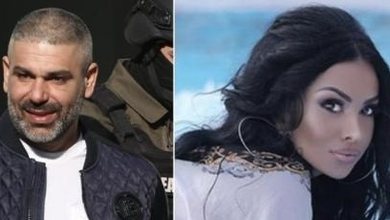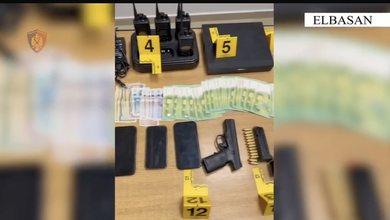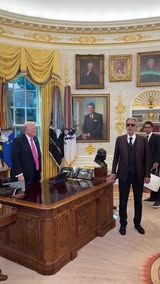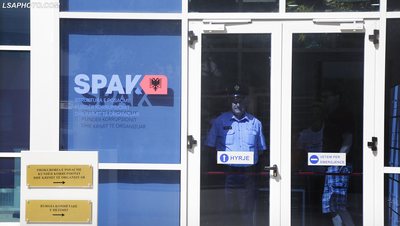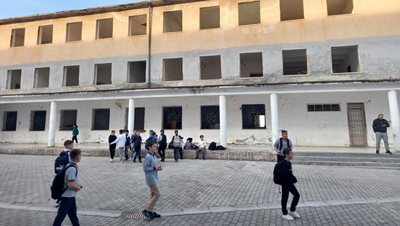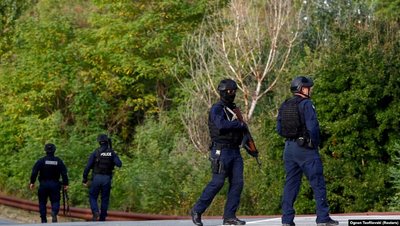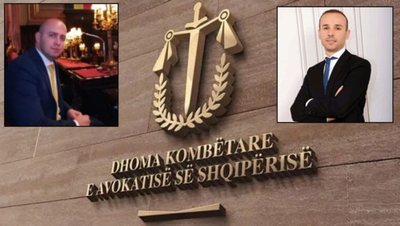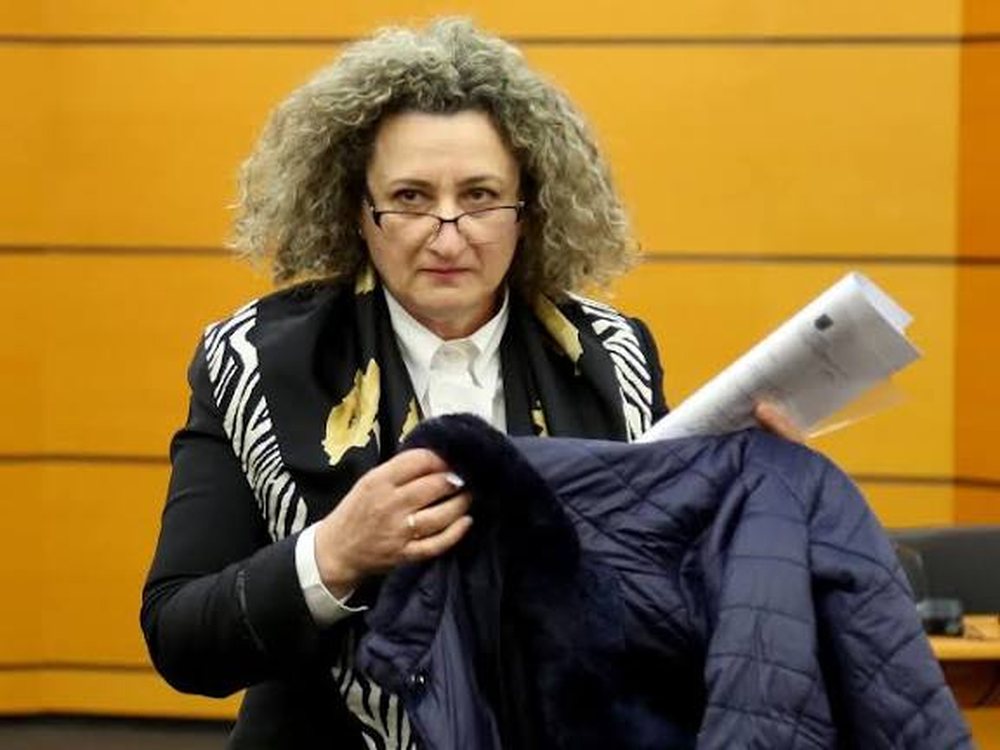
Irena Gjoka, today a member of the Special Court Against Corruption and Organized Crime, was another judge who would fall prey to bullets in 2007. At the time, Gjoka was a judge at the Fier Court.
The show "Në Shënjestër" covered the event of January 18, 2007, when Irena Maneku announced the decision that allowed the ex-wife of a defendant to enter the apartment they co-owned. The defendant, Hajdar Malaj, had come that day prepared, not only to face a decision that would not satisfy him, but also to impose "justice" with bullets. As he did. As Judge Irena Maneku Gjoka began to read the decision, he pulled out a gun and started shooting at her. But even though he fired, the bullets went blank. This was because the court secretary had spotted the gun that came out of the author's bag in time and called on the judge to be careful. The judge, who miraculously escaped, went under the podium, while Malaj attempted to shoot, but his gun jammed.
The court secretary, with extraordinary courage, grabs the perpetrator from behind to prevent him from continuing to shoot. At that moment, the judge manages to leave the courtroom and hide in another judge's office. But the one who was injured was Agim Gjoka, a security guard at the court, who intervened first as soon as he saw Hajdar Malaj with a gun in his hand.
Malaj stood at the door of the hall and shot the security officer, leaving him wounded in the arm.
However, the guard, although wounded, did not allow the perpetrator to leave and prevented him from reloading the gun, thus preventing a potential tragedy. A few minutes later, Hajdar Malaj was arrested in the courtroom by the police.
In 2007, he was sentenced to 20 years in prison for attempted murder of a judge and police officers, receiving an exemplary sentence.
Subsequent investigations revealed that the Fier Court had serious security problems, a lack of metal detectors and a lack of physical checks at the entrance.
But the victims in the justice system have not only been judges.
In March 2019, lawyer Ravik Gurra was shot with a silencer in a bar in Elbasan, while drinking a coffee.
The bullets hit him in the head and the perpetrator disappeared into the darkness. A few minutes later, the shooter's car was found burned out on the outskirts of the city. Gurra, who lived between Albania and the United Kingdom, was allegedly killed as part of a gang feud in Elbasan, where he was a lawyer for the Çapja family.
At around 7:35 PM that evening, police confirmed:
"In a bar in Elbasan, by still unidentified persons, citizen Ravik Gurra, 50 years old, resident of Elbasan, was shot dead."
Police services set up checkpoints at the entrance and exit of the city, while the search for the perpetrators began. One of the most interesting testimonies on the murder of lawyer Gurra is that of Erion Alibej, the repentant justice, who declared in the Special Court for Serious Crimes that he suspects that Suel Çela's group was behind the murder. According to him, Suel Çela had admitted this in a conversation, when Alibej was investigating the Bradashesh massacre himself, where his brother Endriti and uncle Arben Dylgjeri were killed.
"I told Sueli that one of the shooters is your soldier, a Shkodra native they call 'Naqo'. Sueli wrote to him. Then I asked him: 'What about the lawyer Ravik Gurra?'
He told me: 'He poked his nose into 'Maçi' (Klodian Çopja) a lot.'”
Even Ardjan Çapja, today in handcuffs, has repeatedly requested that the murder of his lawyer be solved, emphasizing that he had investigative materials on the massacre of February 3, 2016, where a politician was mentioned in the wiretaps.
These intercepts, according to him, have been lost. Suspicions remain that Ravik Gurra was executed by hired killers from abroad — perpetrators whose identities have not yet been revealed.


